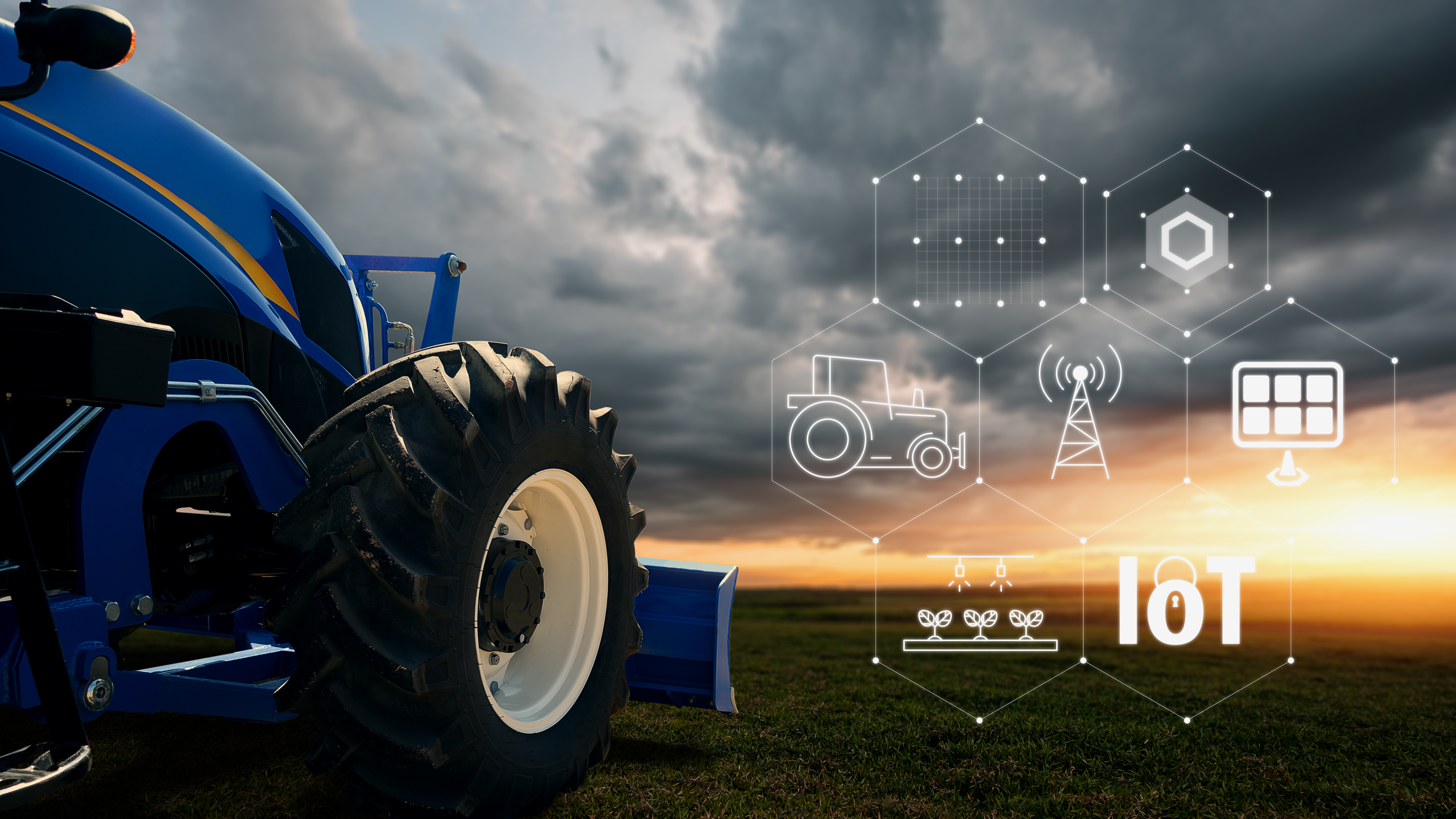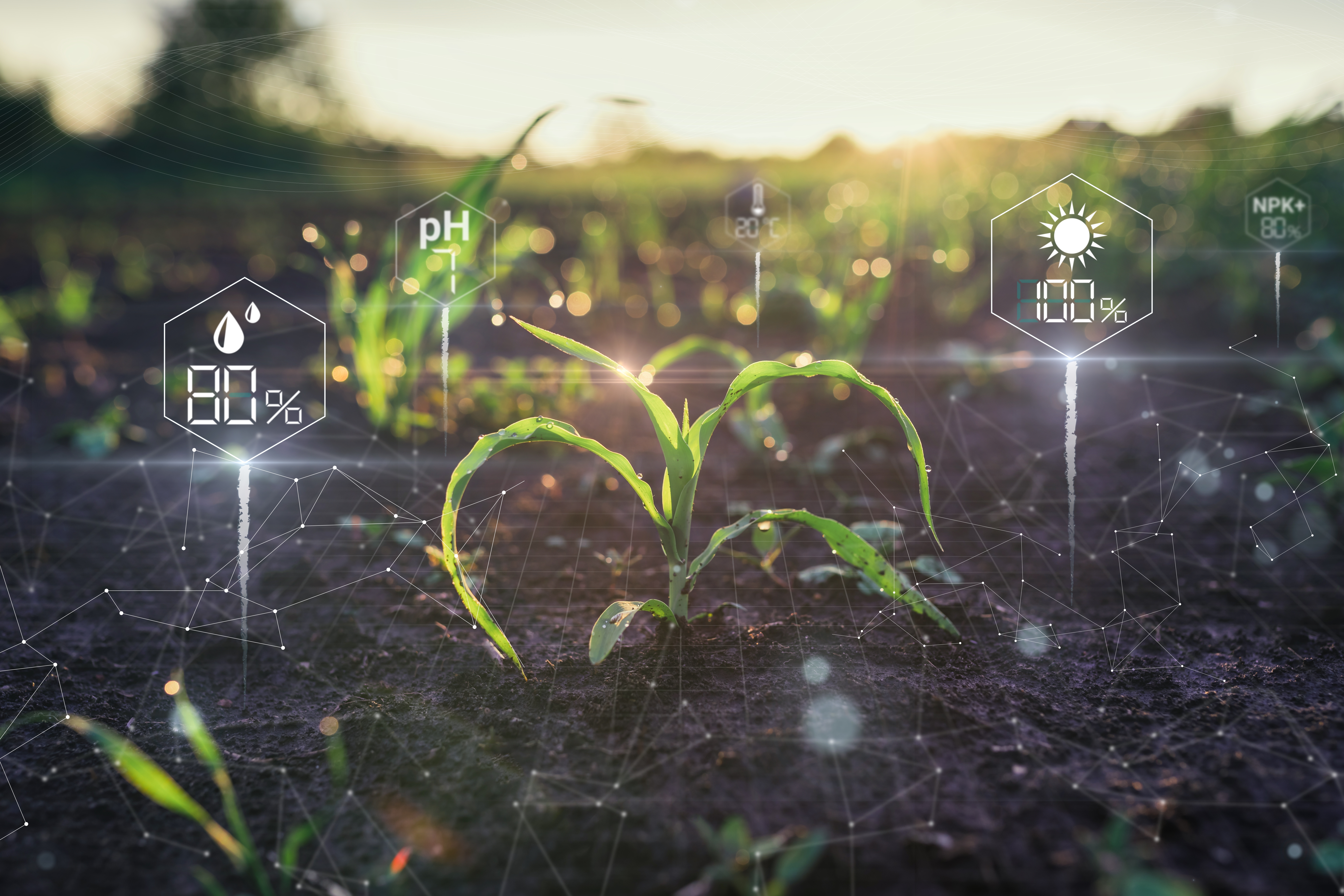Inside Russia’s AgTech Surge: Digital Tools, Autonomous Tractors & In-House Innovation

As global agrifoodtech investors seek the next frontier, Russia’s agriculture sector is undergoing a tech-driven evolution that’s flying under the radar in the West—but not for long. With vast natural resources and growing export power, Russian agribusinesses are going all-in on digitization, autonomy, and proprietary IT development.
AgTech Becomes a Strategic Asset
Russia’s agricultural sector has long been a cornerstone of its economy. The country possesses one of the world’s largest reserves of arable land and freshwater—critical ingredients in a climate-stressed food system. Over the past decade, agricultural exports have surged, turning food production into both a national priority and a global business.
This strategic importance has catalyzed an aggressive push into digital transformation. Producers are no longer just deploying off-the-shelf precision ag tools—they’re building and investing in their own platforms.
Autonomous Field Operations Already Scaling
While Western OEMs race to commercialize AI-based autonomous tractors by 2026, Russia has already deployed them. In 2020, agri-holding Rusagro partnered with Cognitive Pilot—a global developer of autonomous driving systems—to begin industrial rollout of Cognitive Agro Pilot.
The system enables tractors and harvesters to navigate fields autonomously. The next step, expected within a year, involves entire convoys of autonomous tractors, where only the lead vehicle is human-operated.
Big Data Powers Yield Forecasting
Management, not just mechanization, is getting smarter. Russian agtech firms are integrating satellite imagery, sensor networks, AI, and machine learning into crop forecasting systems.
These platforms process real-time data on soil conditions, weather, plant growth phases, and historical yield trends—improving the accuracy of yield predictions and guiding better input decisions. Experts estimate that up to 60% of agricultural efficiency depends on these data-driven choices.

Precision Farming: From Map to Meter
Precision agriculture is spreading fast across Central Russia, the Volga region, and the South. On a practical level, this means GPS-guided drones map fields and identify nutrient variability. Ground machinery then applies customized dosages of fertilizer or crop protection products.
In Kaluga’s Lenin Collective Farm, variable-rate nitrogen application is being tested on winter wheat. In Lipetsk, farmers use a platform called “Agronomist’s Diary” to generate digital field maps and track crop health via satellite.
Farmers Build Their Own Platforms
Russian agri-holdings are no longer content to rely solely on third-party tools—they’re becoming developers themselves.
AgroTerra Group, for example, has created a decision-support model that uses field data, agronomic baselines, and business targets to design the most profitable crop rotation plans. Meanwhile, the Lazarievskoe Group developed a non-invasive livestock weighing system based on machine vision, enabling early detection of underperforming animals and reducing feed waste.
At Tyumen Dairy Farms (part of Damate Group), a proprietary platform dubbed “Milk 2.0” is redefining herd management with real-time analytics and automation.
Digital Agriculture Goes Global
Russia’s ambitions don’t end at its borders. The country is actively promoting digital agriculture partnerships across the CIS, Eurasian Economic Union, Africa, and the Middle East. These alliances aim to synchronize digital transformation strategies and share proprietary agtech tools across markets.
The goal? A more resilient, data-driven food system—one that’s both regionally adaptive and globally integrated.
The Takeaway for Investors
For agtech stakeholders watching from the U.S., Europe, or Asia, Russia offers a compelling case study in state-supported, industry-led innovation. The scale is vast, the R&D is homegrown, and the infrastructure is evolving rapidly.
While geopolitical headwinds may complicate market access for now, the underlying technologies—autonomous machinery, AI-powered forecasting, precision input systems—are ripe for global adaptation.
In a food system where sustainability, efficiency, and sovereignty matter more than ever, Russia’s agtech playbook is a signal that innovation isn’t confined to Silicon Valley—or even the Global North.









































